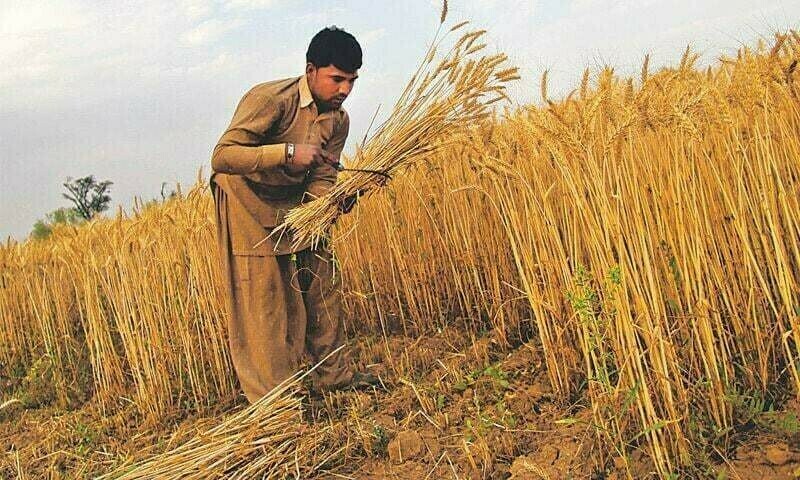Punjab Government Announces Price Reduction
The Punjab government has announced a significant reduction in the price of wheat seeds, aiming to provide direct relief to farmers ahead of the upcoming sowing season. The new policy lowers the cost of wheat seed by 1,000 Pakistani rupees per bag, reducing it from 6,500 to 5,500 rupees.
This decision comes after successful negotiations between Punjab’s Minister for Agriculture, Syed Ashiq Hussain Kirmani, and representatives from seed companies operating in the province. The minister described the move as part of the government’s ongoing commitment to supporting farmers and stabilizing the agricultural economy.
Objective: Reduce Costs and Increase Profitability
Minister Kirmani stated that the primary goal of the price cut is to reduce the production costs for farmers and make wheat cultivation more profitable. “By lowering the cost of seeds, we are directly easing the financial burden on cultivators, ensuring they can invest in other critical inputs like fertilizers and irrigation,” he said.
Wheat is Pakistan’s staple food and a key contributor to the national economy, with Punjab recently setting the wheat procurement price at PKR 3,500 per Maan, as part of a broader support plan for farmers.
Punjab alone accounts for approximately 70% of the country’s wheat production, making the region’s farming policies crucial for national food security. Analysts say that reducing input costs like seed prices can have a direct impact on both yields and farm-level profits.
Ensuring Quality and Accessibility
Alongside the price reduction, the Punjab government emphasized its commitment to providing high-quality seeds to farmers. The price for seeds produced by the Punjab Seed Corporation has also been set at the new reduced rate of 5,500 rupees per bag.
“The government wants to ensure timely, affordable, and reliable access to quality seeds for farmers,” Minister Kirmani added. “This approach will help increase wheat production while safeguarding the interests of cultivators.”
Seed quality has been a longstanding concern for many Pakistani farmers, with reports of counterfeit or low-quality seeds affecting yields in previous years. By providing subsidized, certified seeds, the government aims to improve productivity and minimize losses due to poor-quality inputs.
A Step Toward Agricultural Reform
The agriculture minister framed the decision as part of a broader agenda of agricultural reform. He said the government is committed to strengthening the sector, making it more resilient and self-sufficient. “This is a significant step toward stabilizing the agricultural economy and ensuring food security for the nation,” Kirmani noted.
Experts predict that the price cut could incentivize more farmers to plant wheat in the current season. With lower input costs, cultivators may be able to expand cultivated areas or invest in modern farming techniques, potentially boosting overall production.
Looking Ahead
The Punjab government’s initiative aligns with wider efforts to modernize agriculture, including improved irrigation, fertilizer subsidies, and access to high-yield seed varieties. If successful, these policies could serve as a model for other provinces, enhancing national food security while supporting rural livelihoods.
As Pakistan continues to face challenges like inflation, water scarcity, and climate-related crop risks, measures that reduce farmers’ costs while ensuring access to quality inputs are expected to play a critical role in sustaining the country’s staple grain production.















